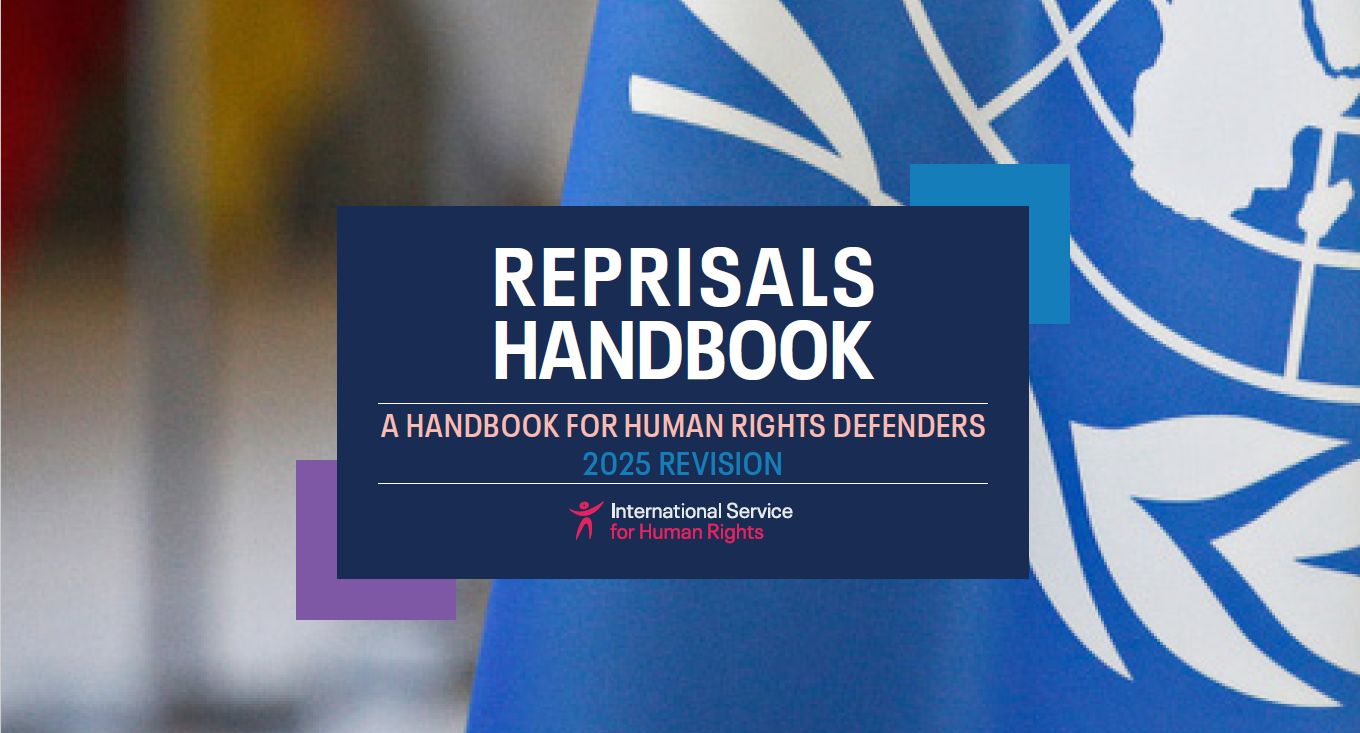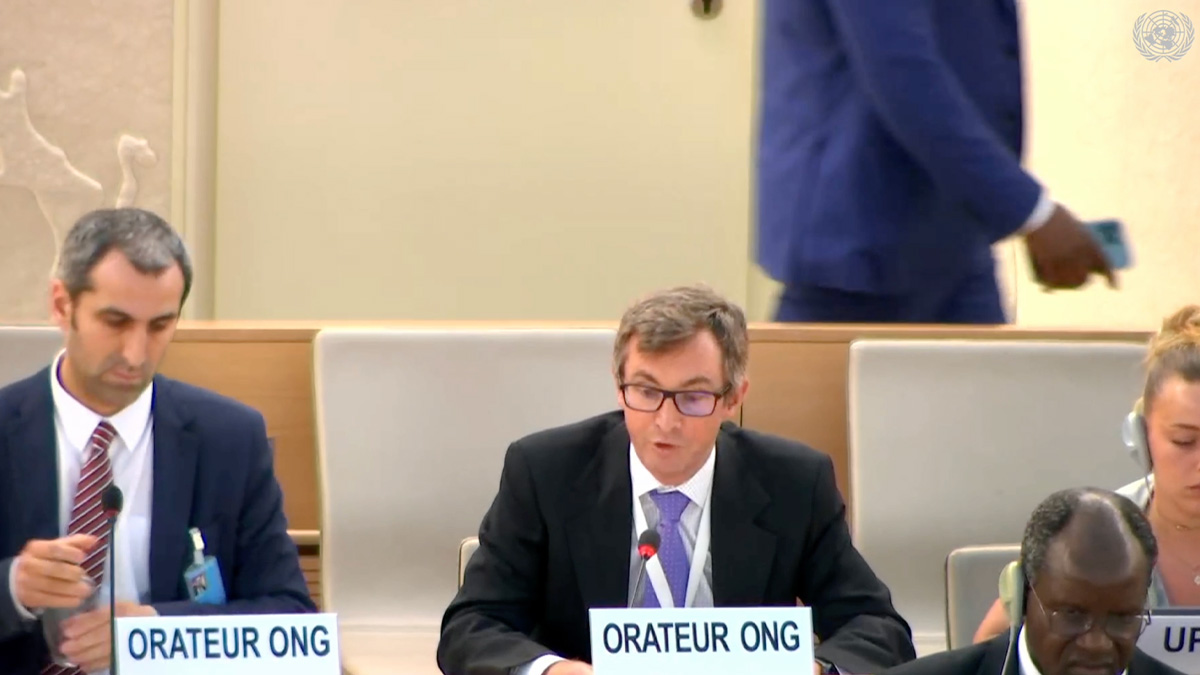A joint NGO statement before the Committee on Economic, Social and Cultural (ESC) Rights highlighted the serious risks faced by ESC rights defenders in the Philippines, and urged the Committee to call on the Government to do more to protect them.
The statement encouraged the Committee to reiterate, and ask the Government why it has failed to implement, the following concluding observations from its 2008 review of the Philippines:
- Take all necessary measures for the protection of ESC rights defenders against any intimidation, threat and violence, whether perpetrated by State or non-State actors
- Promptly and thoroughly investigate all alleged cases of forced disappearances and extra-judicial killings, and prosecute and appropriately punish alleged perpetrators.
- Provide detailed information on the progress made in preventing and punishing forced disappearances and extra-judicial killings.
Since receiving the above recommendations in 2008, ESC rights defenders continue to suffer threats, harassment and attacks. The activities of ESC rights defenders are restricted, including by the imposition of trumped up charges, inappropriate use of the judicial system, and a lack of investigation into the legitimacy of charges filed by non-State actors. These actions result in human rights work being restricted, the voices of defenders being silenced and business interests being protected.
‘Extrajudicial killings of ESC rights defenders continue’, said Tess McEvoy, ISHR Programme Manager and Legal Counsel, ‘this is particularly concerning for indigenous land and environmental defenders who are the most frequent victims – in 2015 alone there have been 25 recorded killings, with most victims belonging to indigenous communities.’
‘In addition to this, perpetrators remain free within the deep-rooted culture of impunity. The Government needs to take immediate and effective action to protect defenders – including by repealing or amending laws that restrict activities in defense of human rights’, added Sarah Brooks, ISHR Asia Program Manager.
The statement ended by requesting that the Committee also make the following recommendations which are necessary to guarantee a safe and enabling environment for ESC rights defenders:
- Develop and implement a national law for the protection of human rights defenders, with specific attention to defenders working for women, land, environment and indigenous rights, and establish, mandate and resource a mechanism for their protection in consultation with civil society: and
- Strengthen and increase communications and cooperation with the UN human rights mechanisms, including by accepting requests for country visits and by responding promptly and substantively to allegation letters and urgent appeals.
The statement was prepared by the International Service for Human Rights, the Medical Action Group, the Philippine Alliance of Human Rights Advocates and the Asia Indigenous Peoples Pact and reflected two joint NGO submissions made in the Committee’s review of the Philippines, one informing the List of Issues and one informing the Committee’s concluding observations.




